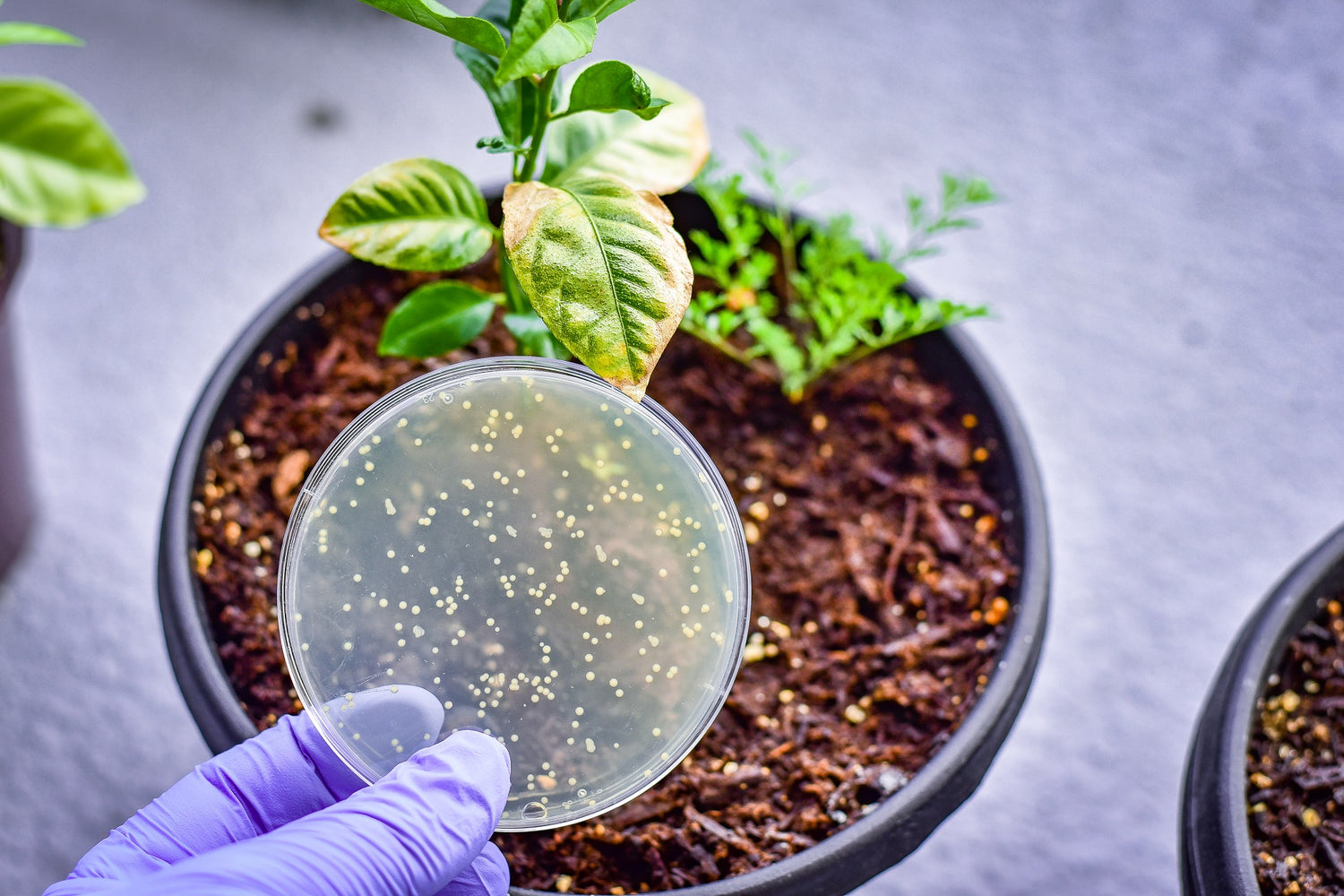EM can improve nutrient availability in several ways:
- Nitrogen Fixation: EM contains beneficial bacteria that can fix atmospheric nitrogen and convert it into a form that plants can use. This process increases the availability of nitrogen, which is essential for plant growth.
- Phosphorus Solubilisation: EM contains microorganisms that can solubilise phosphorus, making it available to plants. Phosphorus is a critical nutrient for plant growth, and the solubilisation of phosphorus by EM can improve plant health and productivity.
- Mineralisation: EM can help break down organic matter, releasing nutrients such as potassium, calcium, and magnesium into the soil. These nutrients are important for plant growth and are often locked up in organic matter, making them unavailable to plants.
- Root System Development: EM can stimulate root system development, allowing plants to absorb nutrients more efficiently. This increased uptake of nutrients can improve plant health and productivity.
Trial Evidence
In this trial the use of EM caused significant changes in soil physical-chemical properties (Table below). Soil bulk density and pH were significantly (p < 0.05) lower in the two compost plots than in the control plot. Moreover, soil pH was significantly (p < 0.05) lower in the EM compost plot than in the traditional compost plot. Soil organic matter, total N, alkaline-hydrolysable nitrogen, and available K content was significantly (p < 0.05) higher in the two compost plots than in the control plot. Soil available P and K content was significantly (p < 0.05) higher in the EM compost plot than in the traditional compost plot.

Another trial (Lim, Pak, & Jong, 1997) conducted in Korea, looked at the effect of EM treatment on the content of nutrients in the soil. The EM treatment increased the content of soluble nutrients. The contents of soluble nitrogen, phosphorous and potassium increased 4.4, 3.6 and 2.8 mg/100g soil, respectively. The increase of soluble N, P and K contents might be attributed to activity of nitrogen fixers and organic acids excreted by the different organisms in EM.

Overall, the beneficial microorganisms present in EM can enhance the availability of nutrients in the soil, making them more accessible to plants. This can lead to improved plant growth, yield, and overall health.




